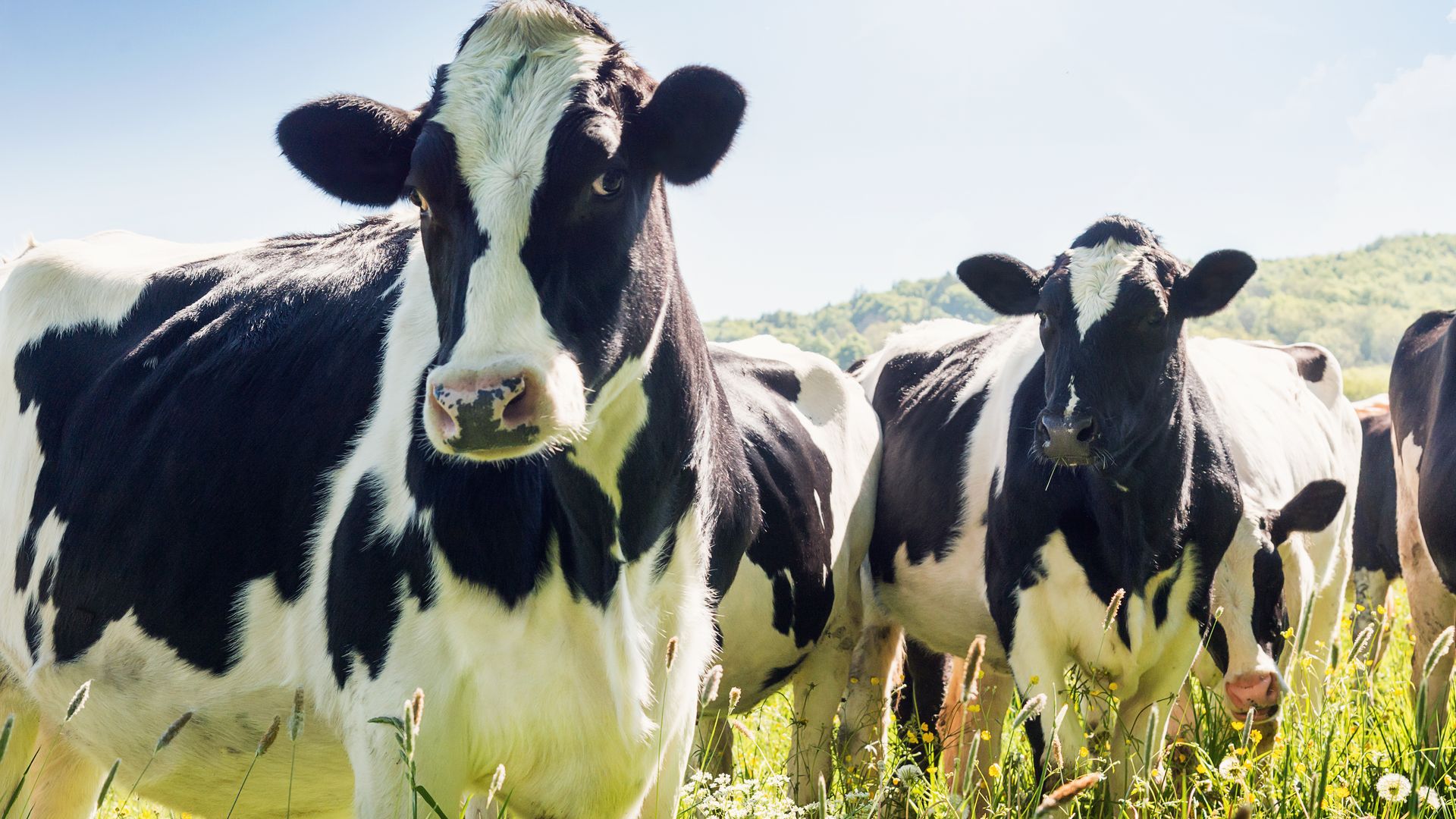The U.S. government is initiating ground beef testing in states affected by outbreaks of bird flu among dairy cows. This move comes after the detection of the H5N1 virus in 34 dairy cattle herds across nine states, along with one human case in Texas, since late March.
Although testing is ongoing, both the U.S. Centers for Disease Control and Prevention (CDC) and the World Health Organization (WHO) have indicated that the overall public health risk remains low. However, individuals who have been exposed to infected animals are at a heightened risk.
USDA spokesperson Shilo Weir affirmed the safety of the meat supply, citing the agency’s stringent meat inspection process, which includes the presence of veterinarians at all federal livestock slaughter facilities.
The recent discovery of virus fragments in samples of pasteurized milk by the U.S. Food and Drug Administration (FDA) has prompted further investigation. However, officials have stated that there is currently no cause for concern regarding the consumption of store-bought milk.
To address consumer concerns, here’s an overview of key points:
- Ground Beef Testing: The USDA will conduct ground beef testing in affected states to ensure safety, using tests to detect any presence of viral particles. Additional studies will be carried out on muscle samples from dairy cattle and retail ground beef.
- Safety of Milk: Despite the presence of the virus in some milk samples, the pasteurization process effectively eliminates pathogens, rendering commercially sold milk safe for consumption.
- Pasteurization Process: Pasteurization involves heating milk to specific temperatures for a set period to kill harmful bacteria and viruses, ensuring milk safety. The FDA mandates pasteurization for milk sold across state borders.
- Affected States: Nine states have reported cases of the virus in dairy cows: Colorado, Idaho, Kansas, Michigan, New Mexico, North Carolina, Ohio, South Dakota, and Texas.
Regarding bird flu concerns and food safety:
- Consumers should steer clear of unpasteurized milk, cheeses crafted from unpasteurized milk, and raw or undercooked eggs, poultry, and meat.
- Proper cooking of raw meat, poultry, fish, eggs, and milk is essential to kill any potential pathogens. The use of a digital food thermometer is recommended.
- Direct contact with infected animals or contaminated surfaces should be avoided, and personal protective equipment is advised when contact is unavoidable.
In summary, while there is increased vigilance due to bird flu concerns, adherence to food safety guidelines and proper cooking practices mitigate risks associated with foodborne pathogens.


